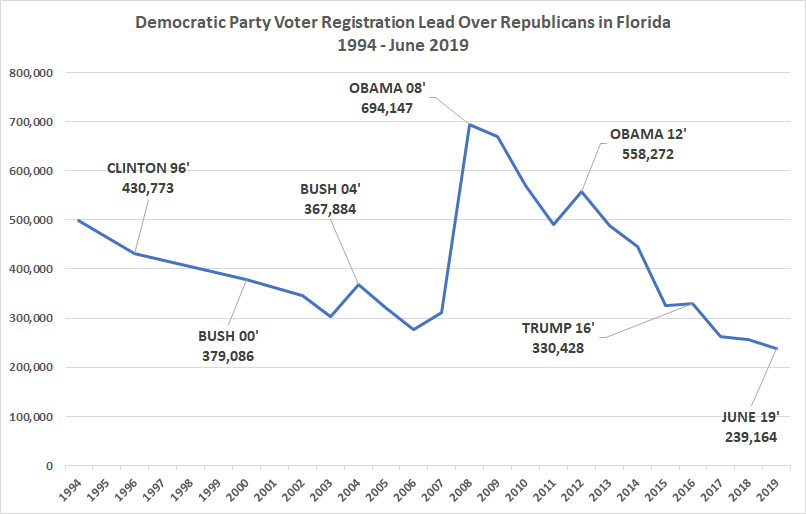Ben’s Review of 2020: Political Digital Media, Research, and Data
This year, Ozean’s top staff will be presenting their own “Year in Review of 2020” comprised of their top takes in three areas: Digital Media, Political Research, and Political Data.
This is Ben’s review of 2020 in political digital media, research, and data.
Political Digital Media
It is no surprise that digital advertising is becoming increasingly important to political campaigns. In 2020, amid COVID-19, lockdowns, protests, and – finally – the most divisive presidential election in modern politics… digital media became NECESSARY for political campaigns.
Instead of knocking on doors, campaigns shifted to virtual canvassing. Rather than recruiting volunteers to phone bank from a central location, campaigns utilized decentralized phone systems or P2P texting applications. Boots on the ground campaigning at every level turned into virtual campaigning.
THE BIG SURPRISE: Despite the importance of digital media, social media platforms – such as Facebook – placed stringent restrictions on political digital ads in the final week of the 2020 November election. Almost two months later, now in late December, Google and Facebook are STILL banning political ads, except for ads focusing on the Georgia Special Senate Election. This ban has restricted the ability of political organizations across the U.S. to get their message out.
Political Research
The Pollster Comeback
In 2016, political polling took a shot to the ribs. In 2020, many of the same folks in the media are saying that political polling failed us yet again because pollsters underestimated how well Donald Trump would perform, despite his loss. Looking back at the 2020 election polling… these folks are, for the most part, wrong.
At the state level, although some polls underestimated Trump’s performance, they were pretty damn accurate – often falling within a 4-point margin of error. Using Real Clear Politics polling averages as a barometer, Trump overperformed outside of the margin of error in a few states, such as Florida (+4.2), Texas (+4.5), Ohio (+7.2), and Wisconsin (+6). In other states, such as Arizona (+0.6), Pennsylvania (+0.0), North Carolina (+1.2), Michigan (+1.4), and Georgia (-1.3), polling predicted results to a tee.
Taken as an average, polling data correctly predicted the winner or fell within the margin of error in 49 of 50 states. The ONLY state that pollsters got wrong (and was outside the margin of error) was Florida.
Although some polls were particularly embarrassing to look at – like the mainstream polls that had Biden +10 to +15 in some battleground states – polling was rather accurate in predicting the 2020 results.
Find the Real Clear Politics results here.
Political Data
My biggest political data story of 2020 brings us down to my home state of Florida – Republicans in Florida have far outpaced Democrats in voter registration. I blogged about this trend in 2019, citing that if Republicans keep it up, Trump is in good shape to win Florida in 2020 and that Democrats have a shot if they push their registration lead to 500,000 (Obama-era levels).
In 2020, Republicans further closed the gap and are only behind Democrats by 116,950 registered voters. This is BIG DEAL for Florida Republicans and the Presidential election results reflect this with Trump winning the state by 2.3%… a blow-out by Florida’s standards. Not only did Florida vote for Trump yet again, but Republicans were also able to flip two Democratic Congressional seats in South Florida.
If this voter registration trend continues, the future is bright for Florida Republicans.

